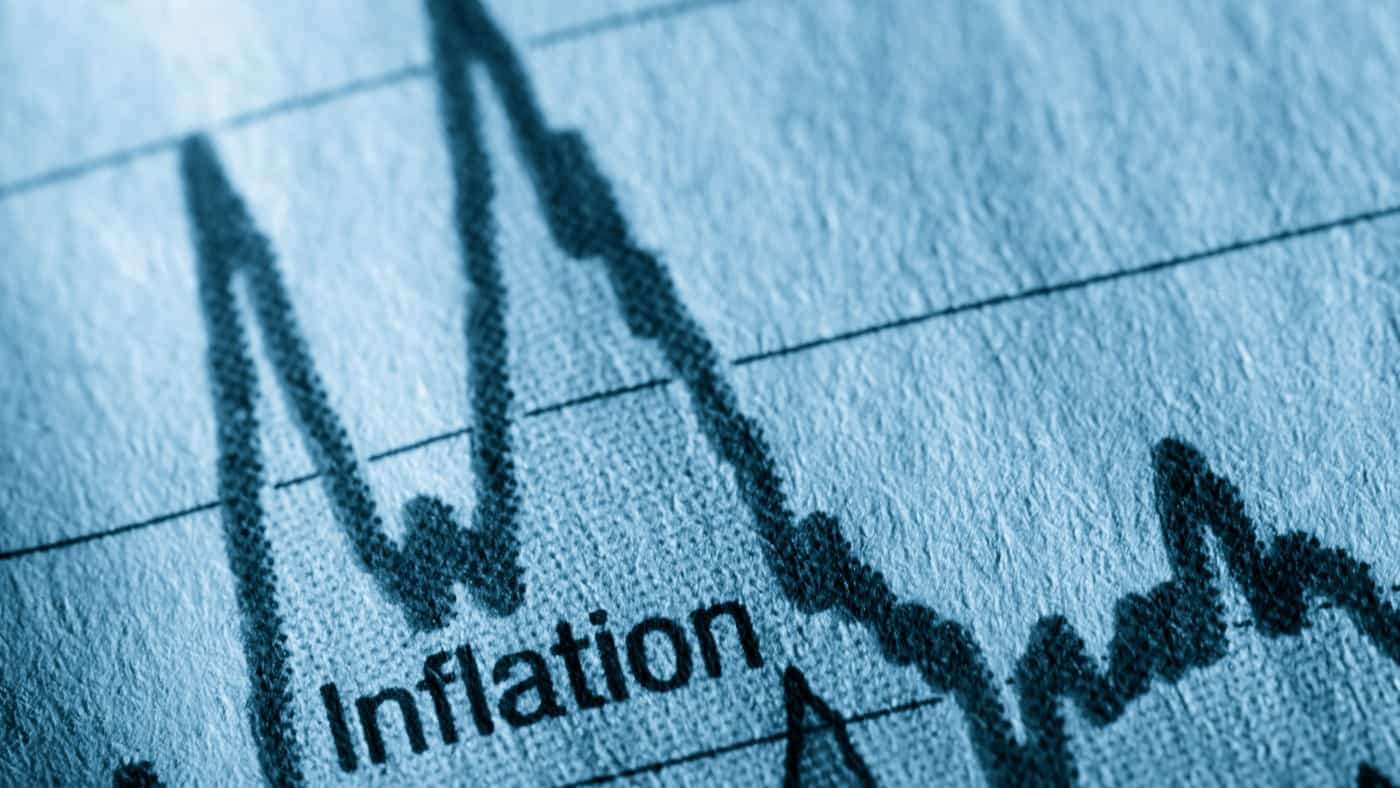This week we saw the UK cost of living rising to its highest in 10 years. According to the Office of National Statistics (ONS), inflation has peaked at 5.1% in the 12 months to November – more than twice the 2% target set by the Bank of England (BoE).
So, are we set for another Christmas of disappointment? And how will the rising cost of living impact us amidst some winter uncertainty? Let’s look at what precisely is driving inflation up and how that will impact our shopping basket during the festive season.
Who is to blame for the rising cost of living?
I’m certain that many of the more hawkish readers will quickly turn their gaze upon the central banks and their monetary policies. But before we are quick to point our finger at the Bank of England and condemn their actions during the coronavirus pandemic, let’s acknowledge that some factors are indeed outside of their control.
The jump in last month’s inflation figures was largely driven by the continuous rise in fuel and energy costs due to higher demand for oil and gas. This is pushing up energy prices all around the globe and increasing the pressure on households across the UK. This will essentially result in higher bills and less money to spend on other aspects of our lives.
According to the ONS, other than rising fuel prices, inflation was higher in November thanks to an increase in the cost of clothing and food. On one side, clothing variation in price is not a surprising one as it is prone to an increase between October and November. Whilst on the other, it also shows that clothing and footwear price appears to have been affected more than other divisions by the lockdowns in 2020, as its movement across the year was highly unusual. When it comes to food and non-alcoholic beverages, 6 out of the 11 recorded categories experienced a mild upward contribution. The largest contribution came from sugar, jams, syrups, chocolate as well as a variety of confectionary. Lastly, an increase in the price of tobacco duty and second-hand cars contributed to the highest single month increase in the CPI index (0.7%) since the outbreak of the pandemic in March 2020.
Why should I care about the rise in inflation?
Absolutely, you should care about it! If inflation is higher than what is perceived as an acceptable level (usually around 2%) and your salary is not keeping up with that rate of growth, then you end up paying more for the same goods and services. This is also referred to as a wage in real terms as it accounts for the level of inflation. From what I’ve already covered above, for us, this will likely result in higher household bills, as well as more outgoing for food, clothing, and footwear over the winter months.
A thing to remember here is that you might not see a huge impact on your outgoings from month to month, especially if inflation is low. But in the long term, if inflation remains high, this could have a substantial impact on what you can buy with your money – therefore inflation is also referred to as the cost of living.







